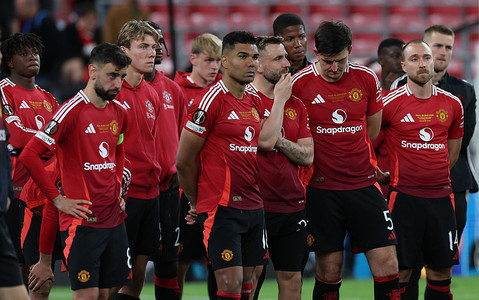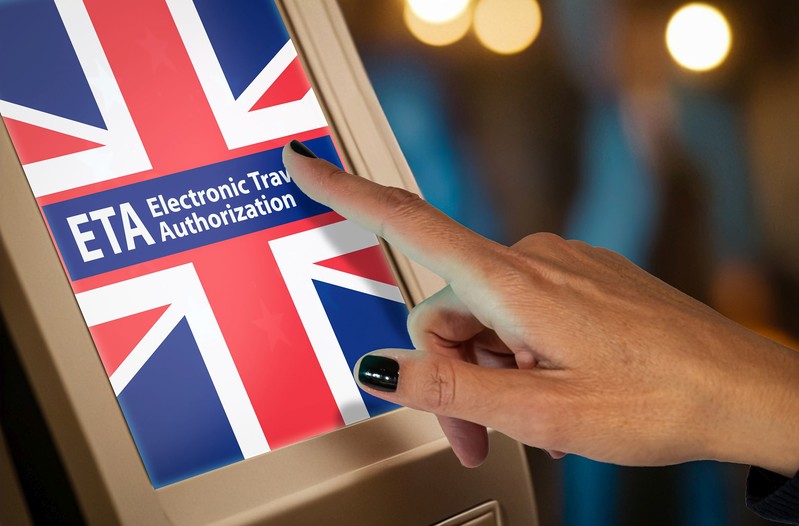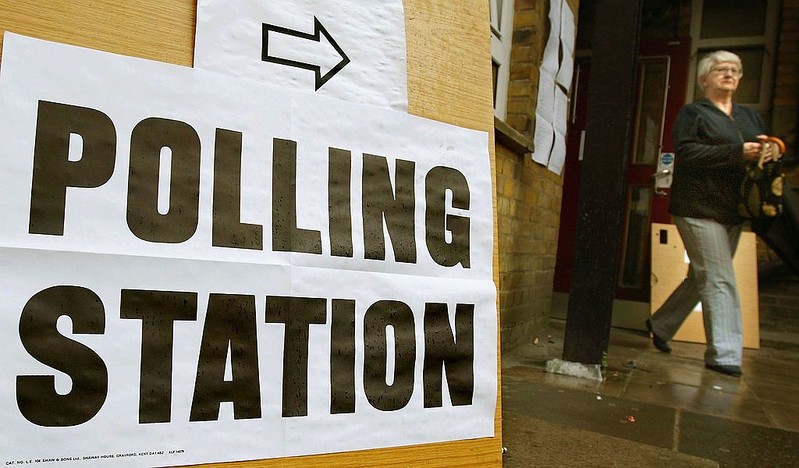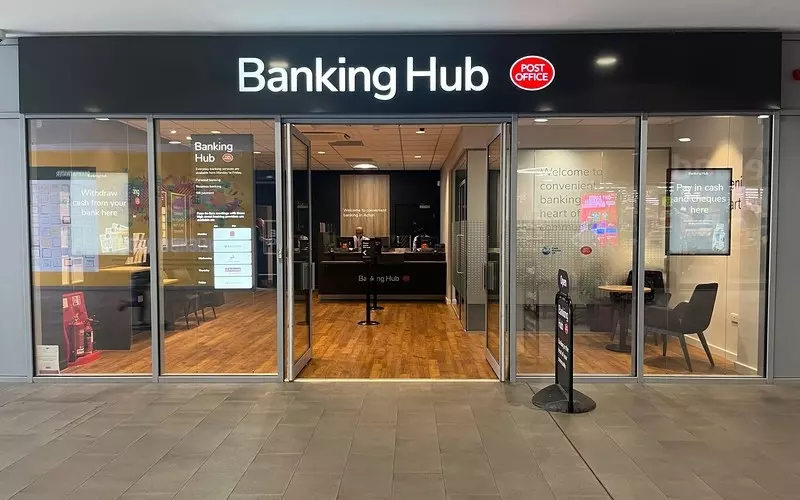UK Online Penetration Hits 97.8% as Internet Users Reach 67.8 Million in 2025

The widespread access to high-speed internet has fundamentally changed the way people live, work, shop, and entertain themselves.
The Rise of Online Work and Remote Collaboration
One of the most prominent shifts brought about by this near-total internet penetration is the rise of online work. Remote working, which gained massive traction during the pandemic, has continued to thrive even as restrictions have eased. According to recent surveys, a significant portion of the UK workforce—around 40%—now works remotely or on a hybrid basis, relying heavily on the internet for communication and collaboration.
Video conferencing platforms like Zoom, Microsoft Teams, and Google Meet have become daily essentials for businesses, enabling teams to collaborate seamlessly despite geographical barriers. Cloud-based tools like Google Drive, Dropbox, and Microsoft 365 have allowed for real-time document sharing and editing, while project management platforms such as Asana, Trello, and Monday.com have streamlined workflow processes. This digital infrastructure has revolutionised the workplace, making it more flexible and accessible for individuals across the country.
Online Gaming Is Growing
The world of online gaming has also experienced a remarkable boom in the UK, fuelled by the near-universal internet access. In 2025, both video gaming and online casino gaming will continue to be integral parts of the UK’s digital entertainment scene.
Online gaming has evolved dramatically over the years, with millions of players in the UK now regularly engaging in multiplayer games across a wide variety of genres. Games like Fortnite, League of Legends, and Call of Duty remain popular, while emerging games such as Valorant and Apex Legends have found large followings. The rise of eSports has also made online gaming a professional pursuit for many, with UK-based teams and players competing in international tournaments, drawing in huge audiences and sponsorship deals.
Online casino gaming is another fast-growing sector in the UK, where individuals can now enjoy everything from traditional table games like blackjack and roulette to newer forms of entertainment such as live dealer games and virtual slots. The convenience of playing from home, combined with the excitement of live interactions and the potential for big wins, has made online casinos a popular choice for many. Bettors within the UK can choose between domestic platforms, which abide by local GamStop rules, or international sites, which side-step GamStop rules. Many bettors often visit casinos not affected by GamStop regulations because these international sites are known to be flexible and convenient and to offer huge game libraries.
The Surge in Online Shopping
Online shopping has been one of the most significant beneficiaries of the UK's near-total internet penetration. In 2025, with nearly 98% of the population having access to the internet, e-commerce continues to thrive, reshaping the retail landscape. According to industry reports, UK online retail sales are expected to grow 4.5% this year.
Consumers now turn to the internet for almost everything—from groceries and clothing to electronics and furniture. Major retail platforms like Amazon, eBay, and niche e-commerce sites have made shopping more convenient than ever, with next-day delivery and hassle-free returns enhancing the user experience. In addition, the rise of mobile shopping, or "m-commerce," means that UK consumers are increasingly making purchases directly from their smartphones, with mobile shopping apps seeing massive increases in downloads and usage.
Local businesses have also embraced online retail, often using social media platforms like Instagram and Facebook to market their products and connect with consumers. Additionally, the surge in online shopping has led to a rise in buy now, pay later (BNPL) services, allowing consumers more flexible payment options.
Digital Banking and Financial Services
Another area where the internet has dramatically transformed UK society is banking. Digital banking has become the norm, and physical visits to branches have declined significantly. Nearly all UK banks now offer comprehensive online banking services, allowing customers to manage their accounts, transfer money, and pay bills from the comfort of their homes.
The rise of challenger banks such as Monzo, Revolut, and Starling Bank has further accelerated this shift, providing a seamless and user-friendly experience that appeals to younger, tech-savvy customers. These banks offer mobile apps that allow users to track spending, set budgets, and even receive notifications in real-time. Moreover, the adoption of contactless payments and mobile wallets like Apple Pay and Google Pay has made everyday transactions quicker and more convenient.
Investment and trading have also moved online, with platforms like eToro, Freetrade, and Hargreaves Lansdown offering easy access to stock markets and cryptocurrencies. The convenience of online banking and investment tools has given consumers greater control over their finances, leading to a surge in retail investing and online savings.
The Streaming Boom: Changing Entertainment Consumption
Streaming services have become another cornerstone of modern UK life, and the growth in internet access has only fuelled this trend. Platforms like Netflix, Amazon Prime Video, Disney+, and BBC iPlayer dominate the entertainment landscape, with millions of UK residents relying on them for TV shows, movies, and exclusive content. According to recent statistics, nearly 70% of UK households now subscribe to at least one streaming service, with many households subscribing to multiple services.
Streaming has reshaped how people consume media, shifting away from traditional broadcast television and DVD rentals. Viewers now have the ability to binge-watch entire series at their own pace, choose from a vast library of content, and enjoy HD and 4K quality video. The growth of live-streaming platforms like Twitch has also made gaming and content creation a viable career for many, with streamers attracting huge audiences and generating significant revenue from ads, subscriptions, and donations.
Moreover, the internet has enabled the rise of video-on-demand services, providing niche content tailored to individual tastes. Whether it’s a documentary on environmental issues, international cinema, or a reality TV show, consumers can access whatever they want, whenever they want.
Social Media, Education, and Online Communities
In addition to the core activities like work, shopping, banking, and entertainment, the internet plays a huge role in socialising, education, and personal growth. Social media platforms like Facebook, Instagram, Twitter, and TikTok continue to dominate the social landscape, with millions of UK residents using them for everything from keeping up with friends and family to staying informed about current events and trends.
Online education has flourished as well, particularly with the advent of e-learning platforms like Coursera, LinkedIn Learning, and Khan Academy. These platforms allow individuals to access courses and certifications, enhancing their skills from the comfort of their homes. The rise of virtual classrooms has also expanded opportunities for students, giving them access to a wider range of learning materials and interactive lessons.
Online communities, forums, and support groups provide a sense of belonging and connection, offering spaces for people to engage with like-minded individuals across the world. These communities, whether related to hobbies, professional interests, or personal experiences, have become essential for social interaction in an increasingly digital world.





























